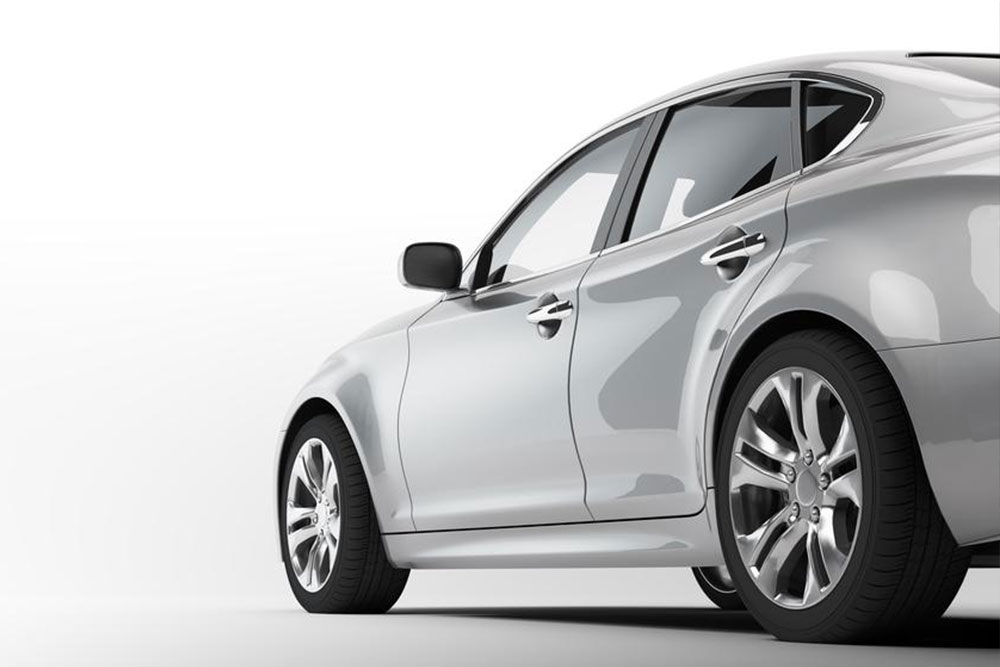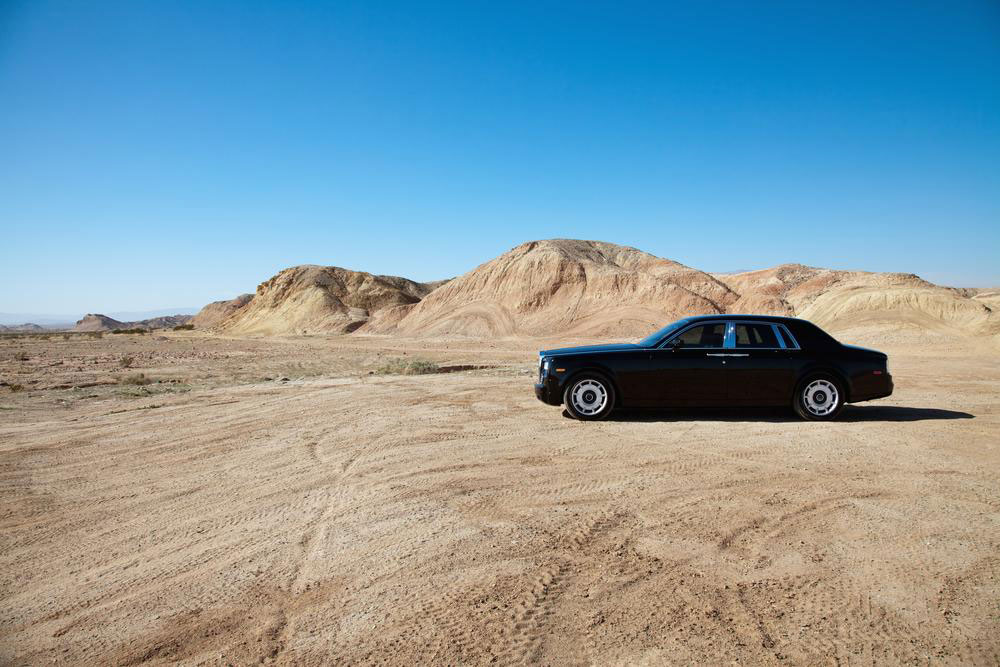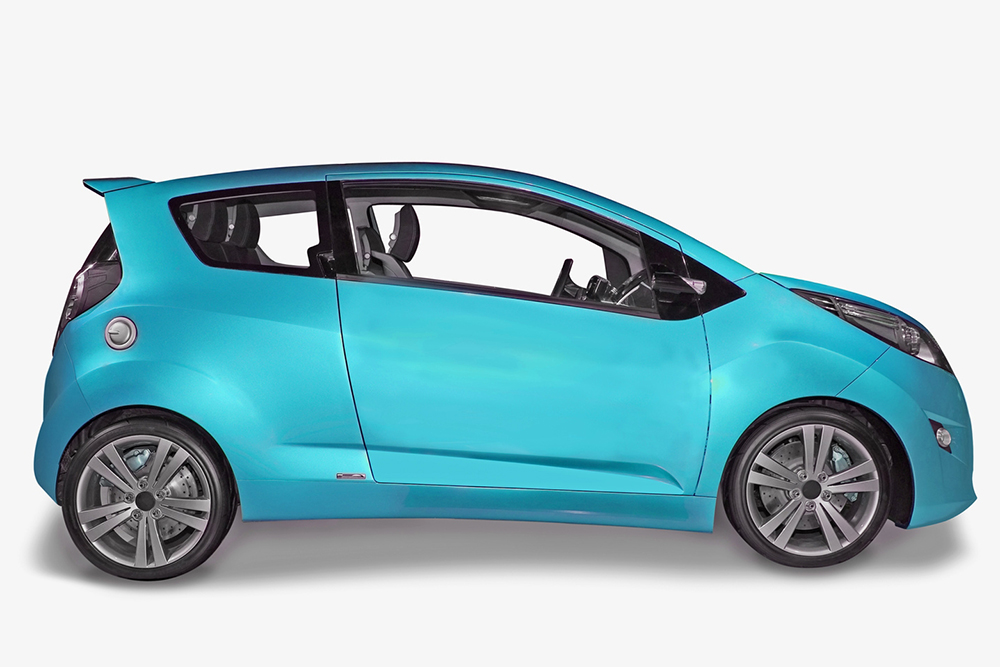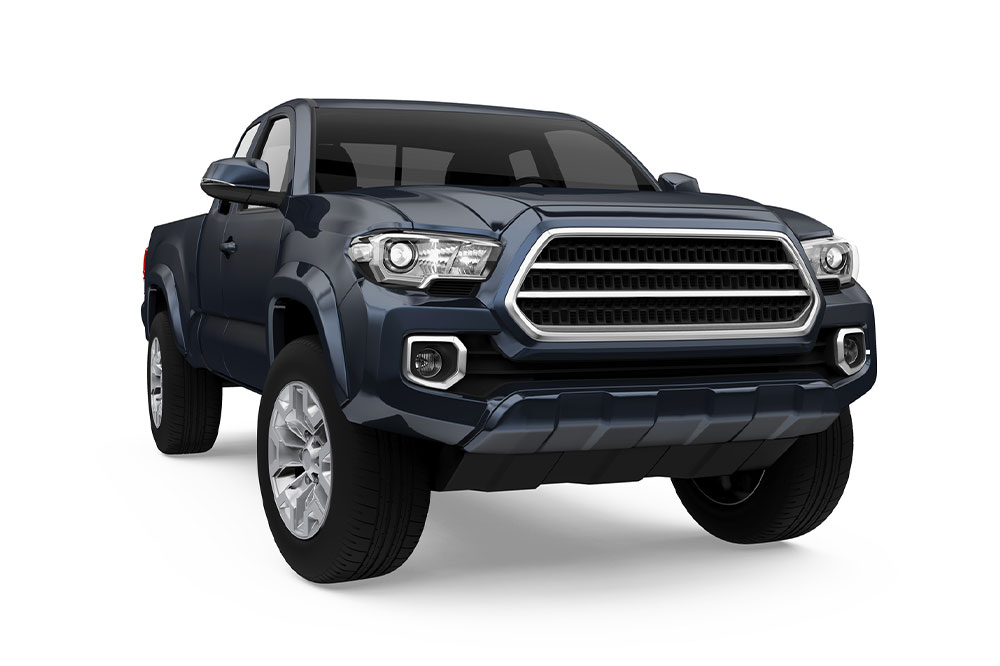Understanding the Fundamentals of Luxury Sedans
This article provides a comprehensive overview of luxury sedans, highlighting their design, features, market positioning, and major models. It explains what sets luxury sedans apart from standard vehicles, emphasizing performance, technological innovations, and exclusivity. The content also covers the limousine segment and addresses market trends and leading manufacturers, offering valuable insights for enthusiasts and potential buyers seeking premium vehicles.

An Overview of Luxury Sedans
A luxury sedan is a passenger vehicle characterized by a three-box design, separating the engine, passenger, and cargo areas with distinct compartments and structural pillars. It features a spacious interior with seating for two rows, and the trunk is typically located at the rear, although some rear-engine models like the Chevrolet Corvair and Volkswagen Type 3 have different layouts. Electric liftbacks eliminate traditional engine compartments, offering front and rear cargo spaces.
Luxury vehicles are defined as cars that combine comfort, high-end features, and sophisticated design at a premium price point, catering to those seeking status and elegance.
Many automakers now release luxury-oriented sedan models that emphasize advanced performance, premium materials, comfort, innovative technology, and design excellence, reflecting their brand image and prestige. Notable models in the luxury sedan market include the Audi A7, Acura RLX, Volvo S90, BMW 5 Series, Genesis G80, Jaguar XF, Cadillac CTS, Mercedes-Benz E-Class, Lexus GS, Maserati Ghibli, Infiniti Q70, and Lincoln MKZ.
Maserati generally categorizes their vehicles as ultra-luxury, but the new Maserati Ghibli III is competitively priced against high-end models like BMW 550i, Audi S6/S7, and Mercedes-Benz E550/CLS550.
While luxury sedans share similar designs and dimensions with standard cars, they are engineered to serve as executive vehicles with enhanced performance and technological features. They often sport powerful engines, such as V8s, setting them apart from economical inline-4 or V6 options. Luxury sedans are frequently produced in limited editions, contributing to their exclusivity.
Manufacturers like Mercedes-Benz and BMW dominate this segment, as luxury vehicles tend to depreciate steeply. Although brands like Infiniti and Citroën have ventured into luxury sedans, their success has been limited. Despite lower sales volumes, these cars generate high profits through advanced tech options and customization.
Limousines are extended luxury sedans with separate driver and passenger compartments. They feature long cabins with facing benches, and popular brands include Rolls-Royce, Mercedes-Benz, Lincoln Town Car, and Cadillac. Some limousines can accommodate up to 20 passengers and are customized for privileged clients, often used by businesses to provide premium chauffeur services.
Note:
Our blog covers various categories, offering insightful and practical information. Readers should consider our research as a helpful resource, but not as definitive. The site disclaims responsibility for inaccuracies or discrepancies with other sources. Additionally, ongoing promotions and schemes may not be reflected in our content.










